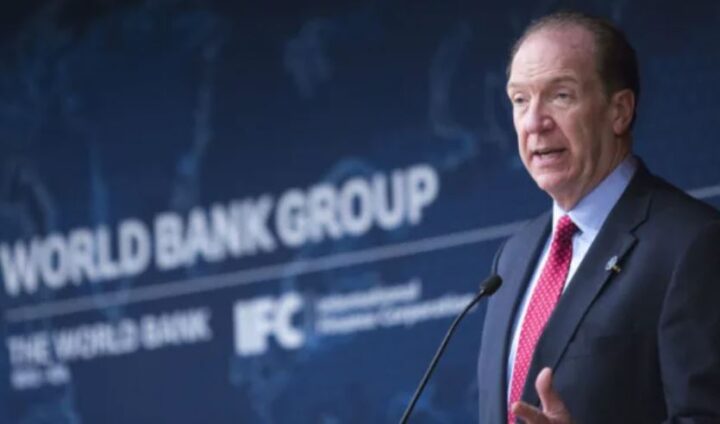Security challenges in the north, recent petrol scarcity across the country and the activities around the sit-at-home order in the south-east caused the hike in prices of foodstuffs in the first quarter of 2021, according to a report by SB Morgen (SBM) Intelligence.
This is contained in SB Morgen’s latest report titled ‘Jollof Index Q4 2021 & Q1 2022: Geopolitics Comes for Dinner’.
The jollof index provides an explanation on food inflation in Nigeria by using a delicacy that is common to many households — jollof rice.
The jollof index covers major food items used in making a pot of jollof rice such as rice, curry, thyme, seasoning, groundnut/vegetable oil, turkey/chicken, beef, pepper, tomatoes, salt and onions.
Advertisement
In the latest report, the research firm said the average cost of making a pot of jollof rice for a family of five rose from N8,007 in Q3 2021 to N8,595 at the end of Q1 2022 — a 7.3 percent increase.
The research firm said it visited selected markets in the six geo-political zones of the country to determine prices of jollof rice ingredients, adding that consumers complained about the hike in prices of beef, turkey and chicken.
“In the north-central markets, the prices of turkey, beef, and onions increased. The price increase in February and March can be attributed to the fuel scarcity which increased the cost of transportation of goods — some drivers had to spend the night at filling stations to be able to get fuel for their vehicles and others had to buy from black market vendors at higher rates,” the report reads.
Advertisement
“In the north-east, heightened insecurity has sustained price increases in the region even as there was a price reduction in January in other regions. The humanitarian situation created by the activities of various Islamist groups have made farming in the region difficult.
“The sit-at-home protest by separatists in the south-east and associated violence in the region is one of the causes of food insecurity in the region. Prices went up in both Awka and Onitsha between October and November, dropped slightly in January, and took off again in February and March. Turkey, tomatoes, vegetable oil, beef and onions accounted for the increase in these markets.
“The south-west jollof index showed price swings in the last five months. Balogun, Bodija, Dugbe and Trade Fair markets experienced price swings. Dugbe Market in Ibadan experienced a slight rise in October, dropped through November and January, and rose again in February and March.
“In Port Harcourt, prices increased from October to November and went downward in January, maintained a
low in February and increased in March. The same trend is noticeable in Calabar Municipal and Bayside Mbakpa markets. Market prices rose in October and November and started a downward trend in January.
Advertisement
“In Kano, the cost of making a pot of jollof rice increased in October, flattened in November and began moving upwards in January, a movement maintained through March. This, according to all our respondents, was due to a sharp rise in the prices of perishable foods such as tomatoes and peppers, caused by the closure of the Tiga Dam for repairs.”
Add a comment






